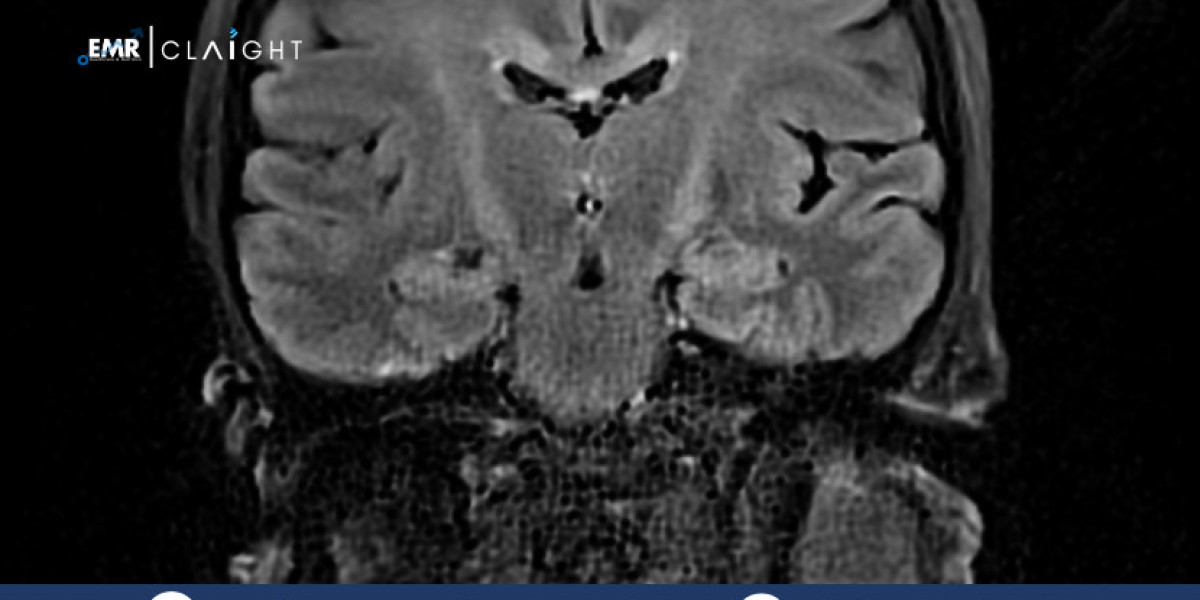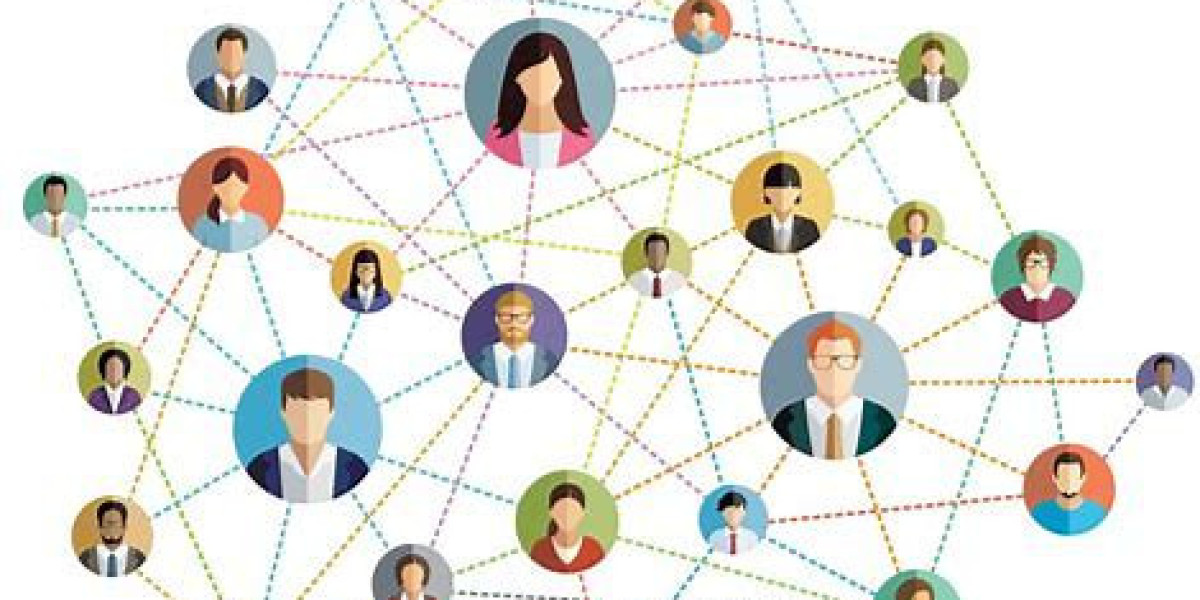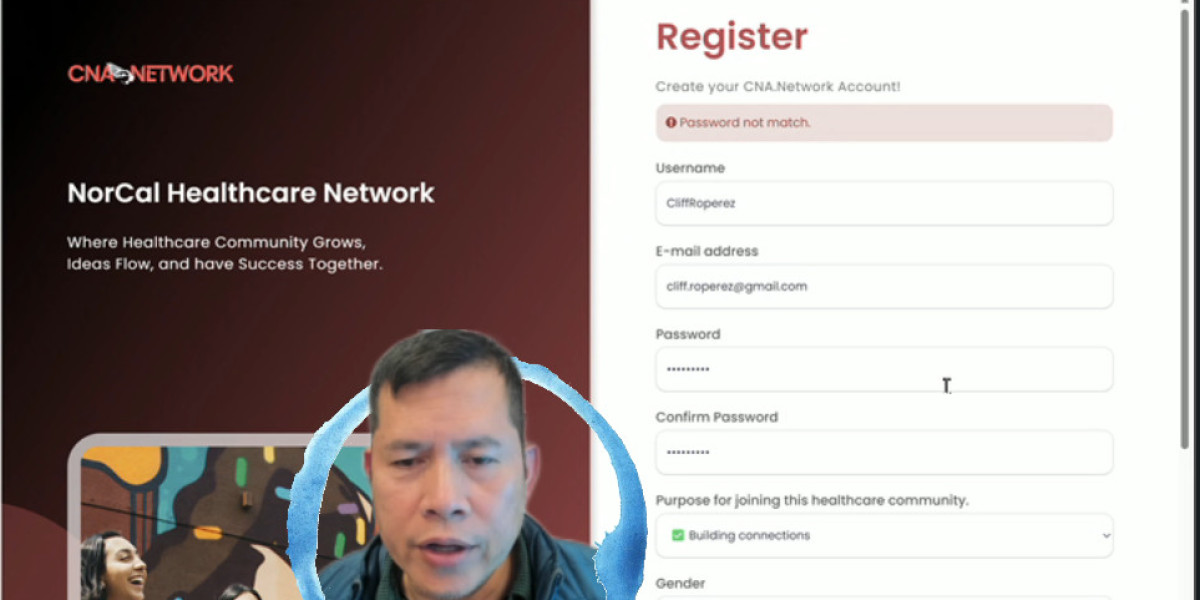Amnestic Disorders Therapeutics Market Overview
Amnestic disorders, characterized by significant memory impairment, have become an increasing concern in global neurology. These conditions may arise from brain injury, neurological illness, or degenerative diseases like Alzheimer’s, and can be either temporary or permanent. The global amnestic disorders therapeutics market is pivotal in addressing this condition through pharmaceutical innovations aimed at cognitive enhancement, neuroprotection, and memory restoration. With increasing awareness and a higher diagnosis rate, the need for effective treatments has risen, boosting the demand for therapeutics targeting amnesia and related neurological issues.
The significance of the market lies in its role in managing cognitive impairments affecting quality of life. Early detection, especially in patients with Alzheimer’s and dementia-related conditions, has significantly improved treatment outcomes. The surge in geriatric population, combined with the growing incidence of neurological conditions due to lifestyle changes and chronic illnesses, is further driving the therapeutic market. Advances in neurobiology and drug development are opening doors to promising therapies that can restore memory functions and improve patient care globally.
Amnestic Disorders Therapeutics Market Size and Share
The global amnestic disorders therapeutics market size is projected to grow at a CAGR of 5% during the forecast period 2025–2034. As of 2024, the market is estimated to be valued at around USD 2.7 billion, and it is expected to reach over USD 4.4 billion by 2034. This growth is largely supported by increased investment in neuroscience research, enhanced diagnosis rates, and the availability of advanced imaging and testing facilities. North America continues to dominate the market due to strong healthcare infrastructure and robust R&D, while Asia Pacific is emerging as a fast-growing region due to population aging and improving healthcare access.
Amnestic Disorders Therapeutics Market Trends
Increasing Focus on Early Diagnosis and Personalized Medicine
There is a rising emphasis on early and accurate diagnosis of amnestic disorders using neuroimaging techniques, genetic profiling, and cognitive assessments. Personalized medicine, tailored to the patient’s specific condition and genetic makeup, is gaining momentum. Physicians are increasingly using biomarker-based diagnostics to prescribe more targeted treatments, enhancing the efficacy of therapeutics and improving patient outcomes.
Advancements in Neuroprotective Drug Development
Drug developers are focusing on novel neuroprotective compounds that not only slow cognitive decline but also aim to restore memory functions. Research into synaptic plasticity and neural regeneration is expanding the pipeline of promising therapeutics. Pharmaceutical giants and biotech firms are investing in new molecules, particularly in the cholinergic and glutamatergic pathways, which play key roles in memory retention and neural signaling.
Integration of Digital Health Technologies in Treatment
Telemedicine platforms and digital tools are being integrated into therapeutic strategies to monitor amnesia progression and medication adherence. Cognitive training applications, wearable health monitors, and remote consultations are becoming part of comprehensive care plans. These technologies help track changes in memory function and provide real-time feedback, enhancing treatment responsiveness and patient engagement.
Rise in Collaborative Research and Clinical Trials
The market is witnessing increased collaboration between pharmaceutical companies, academic institutions, and government organizations to accelerate research and clinical trials. Public-private partnerships are facilitating the development of novel drugs and expanding the scope of clinical studies to include diverse patient populations. This collaborative approach is fostering innovation and accelerating regulatory approvals.
Global Amnestic Disorders Therapeutics Market – Essential Insights Inside! Dive into detailed trends, projections, and challenges. Get the report – no cost, no hassle!
Amnestic Disorders Therapeutics Market Analysis
Rise in Neurological Disorders Among Elderly Populations
With the global aging population steadily increasing, age-related cognitive disorders such as Alzheimer’s and amnestic syndromes are becoming more prevalent. This demographic shift is fueling demand for therapeutics that can slow or reverse memory impairments.
Expanding Healthcare Infrastructure in Emerging Economies
Countries in Asia and Latin America are investing heavily in healthcare infrastructure. This expansion, along with growing awareness, is boosting early diagnosis and access to treatment for amnestic disorders, driving market growth.
Regulatory Support and Fast-Track Approvals
Health authorities such as the FDA and EMA are providing fast-track designations and orphan drug statuses for innovative amnestic disorder therapies. This regulatory support is encouraging companies to accelerate their R&D pipelines.
Increasing Incidence of Traumatic Brain Injuries
Accidents and sports-related injuries are leading to a higher incidence of temporary and permanent amnesia cases. This increase is contributing to a steady rise in the demand for effective memory restoration drugs and treatments.
Amnestic Disorders Therapeutics Scope of the Report
This report provides an in-depth analysis of the global amnestic disorders therapeutics market, offering insights into historical trends and future projections. It segments the market by disease type, drug type, route of administration, distribution channel, end user, and region. The report also highlights key growth drivers, constraints, regional dynamics, and profiles leading companies shaping the market landscape.
Historical and Forecast Trends, Industry Drivers and Constraints
The market has evolved with growing understanding of memory-related disorders and innovations in neurotherapeutics. Historical growth has been supported by rising diagnosis rates and increasing healthcare investments. Moving forward, the market is expected to benefit from AI-driven diagnostic tools, next-generation drug delivery systems, and gene therapies. However, challenges such as high treatment costs, long approval timelines, and limited drug efficacy in advanced cases may restrain growth.
Historical and Forecast Market Analysis by Segment
Breakup by Disease Type
- Anterograde Amnesia – Inability to form new memories, commonly linked to brain trauma.
- Retrograde Amnesia – Loss of past memories, often due to neurological damage or stroke.
- Transient Global Amnesia – Temporary, sudden onset of memory loss.
- Infantile Amnesia – Inability to recall early childhood events.
- Others – Includes drug-induced and psychogenic amnesia.
Breakup by Drug Type
- Cholinesterase Inhibitors – Enhance communication between nerve cells and improve memory.
- Memantine – Regulates glutamate to protect brain cells.
- Others – Includes experimental drugs and cognitive enhancers.
Breakup by Route of Administration
- Oral – Most commonly used and convenient route.
- Injectable – Used for more severe or acute cases requiring fast action.
Breakup by Distribution Channel
- Hospital Pharmacies – Dominant channel due to prescription-based treatments.
- Retail Pharmacies – Increasing accessibility and availability of chronic medications.
- Online – Growing segment with the rise of e-pharmacy.
- Others – Includes specialty pharmacies and direct hospital procurement.
Breakup by End User
- Hospitals – Primary centers for diagnosis and treatment.
- Special Clinics – Neurology-focused treatment centers.
- Home Care – Rising demand for memory care in home settings.
- Others – Includes research institutions and nursing homes.
Amnestic Disorders Therapeutics Regional Insights
North America and Europe Lead in Diagnosis and Innovation
North America dominates the market owing to advanced healthcare infrastructure, government support for neurological research, and a high prevalence of cognitive disorders. The U.S. leads in R&D investments, clinical trials, and availability of memory-enhancing drugs. In Europe, countries like Germany, France, and the U.K. are witnessing steady growth due to increasing geriatric populations, supportive healthcare policies, and improved diagnostic frameworks.
Asia Pacific Presents High Growth Opportunities
Asia Pacific is emerging as a lucrative market, especially in China, India, and Japan, driven by a rising elderly population and growing awareness of mental health issues. Regional governments are investing in expanding neurology departments and supporting R&D. Australia and ASEAN nations are also embracing digital health and memory care initiatives, making the region a key focus area for global pharmaceutical companies.
Breakup by Region:
- North America: United States of America, Canada
- Europe: United Kingdom, Germany, France, Italy, Others
- Asia Pacific: China, Japan, India, ASEAN, Australia, Others
- Latin America: Brazil, Argentina, Mexico, Others
- Middle East and Africa: Saudi Arabia, United Arab Emirates, Nigeria, South Africa, Others
Amnestic Disorders Therapeutics Market Growth
The global market for amnestic disorders therapeutics is being propelled by numerous growth drivers. Increasing life expectancy, growing healthcare investments, and a rise in dementia-related conditions are among the most prominent factors. Advancements in pharmacology, neurotechnology, and genomics are expected to open up new treatment avenues. Opportunities also lie in digital therapeutics, AI-based diagnosis, and home care solutions. The unmet need for memory restoration therapies creates a significant window for innovation and expansion over the next decade.
Recent Developments & Challenges
Recent Developments:
- Eisai Co., Ltd. received expanded regulatory approval for its cholinesterase inhibitor for treating mild cognitive impairment.
- AbbVie Inc announced a Phase II trial for a novel neuroprotective agent targeting amnestic symptoms in early-stage Alzheimer’s.
- Novartis AG launched a new oral formulation of memantine designed for easier absorption in elderly patients.
- Johnson & Johnson Services, Inc. is collaborating with AI firms to develop personalized diagnostics for memory disorders.
Challenges:
Despite positive advancements, the market faces challenges including delayed diagnosis, limited access to memory care in rural areas, and the high cost of advanced therapeutics. Furthermore, many drugs offer symptomatic relief rather than a cure, calling for deeper investment in research.
Amnestic Disorders Therapeutics Key Players
Eisai Co., Ltd.
Eisai is a global leader in neurology, particularly known for its memory-enhancing drugs used in Alzheimer’s treatment. The company’s research focuses on targeting amyloid plaques and enhancing cholinergic function. Eisai continues to collaborate with partners to expand its footprint in cognitive disorder therapeutics.
AbbVie Inc
AbbVie is investing heavily in neuroscience and developing novel treatments for neurological disorders. Its focus on targeted therapies for cognitive impairments and its pipeline of neuroprotective agents place it among the top contenders in the amnestic disorder therapeutics space.
Novartis AG
With a strong global presence, Novartis is actively involved in developing medications for memory-related disorders. Their research into next-generation glutamate modulators and extended-release drugs supports long-term cognitive stability in patients.
Johnson & Johnson Services, Inc.
J&J leverages its wide healthcare portfolio to develop innovative solutions in neurology. The company is focusing on early-intervention strategies and combines pharmaceuticals with digital diagnostics to enhance treatment precision for amnestic patients.
Other Key Players: Merck & Co., Pfizer Inc., Eli Lilly and Company, Takeda Pharmaceutical Company, and Teva Pharmaceuticals.
FAQs
1. What are amnestic disorders?
Amnestic disorders are neurological conditions characterized by memory loss due to brain injury, disease, or trauma. They can be temporary or permanent.
2. What is driving the growth of the amnestic disorders therapeutics market?
Key growth drivers include increased diagnosis rates, aging populations, advancements in drug development, and government healthcare initiatives.
3. Which drug types are commonly used to treat amnesia?
Cholinesterase inhibitors and memantine are the most commonly prescribed drugs, targeting neurotransmitter balance to improve memory.
4. Which regions dominate the market?
North America leads due to strong healthcare systems, followed by Europe and the rapidly growing Asia Pacific region.
5. What are the major challenges in the market?
High treatment costs, limited curative options, and unequal access to memory care services pose significant challenges.
6. How are digital technologies influencing treatment?
Digital health tools, including mobile apps and telemedicine, are improving diagnosis, monitoring, and adherence to treatment protocols.
Explore More Reports
Artificial Insemination Market
Amyotrophic Lateral Sclerosis Market
About Us:
Expert Market Research is a leading market research firm delivering data-driven insights to the pharmaceutical, biotechnology, and medical device industries. Our comprehensive research solutions include market research reports, providing in-depth analysis of industry trends and competitive landscapes; drug pipeline reports, tracking drug development progress, clinical trials, and regulatory approvals; epidemiology reports, offering detailed disease prevalence and patient population studies; and patent reports, assessing intellectual property landscapes and innovation trends, among others.
Leveraging proprietary data, advanced analytics, and expert methodologies, we help businesses navigate complex markets, optimize strategies, and drive innovation. We empower clients with actionable intelligence, enabling them to make informed decisions and stay ahead in the rapidly evolving healthcare sector.
Media Contact:
Company Name: Claight Corporation
Contact Person: Roshan Kumar, Digital Marketing
Email: sales@expertmarketresearch.com
Toll-Free Number: US +1-415-325-5166 | UK +44-702-402-5790
Address: 30 North Gould Street, Sheridan, WY 82801, USA
Website: www.expertmarketresearch.com








